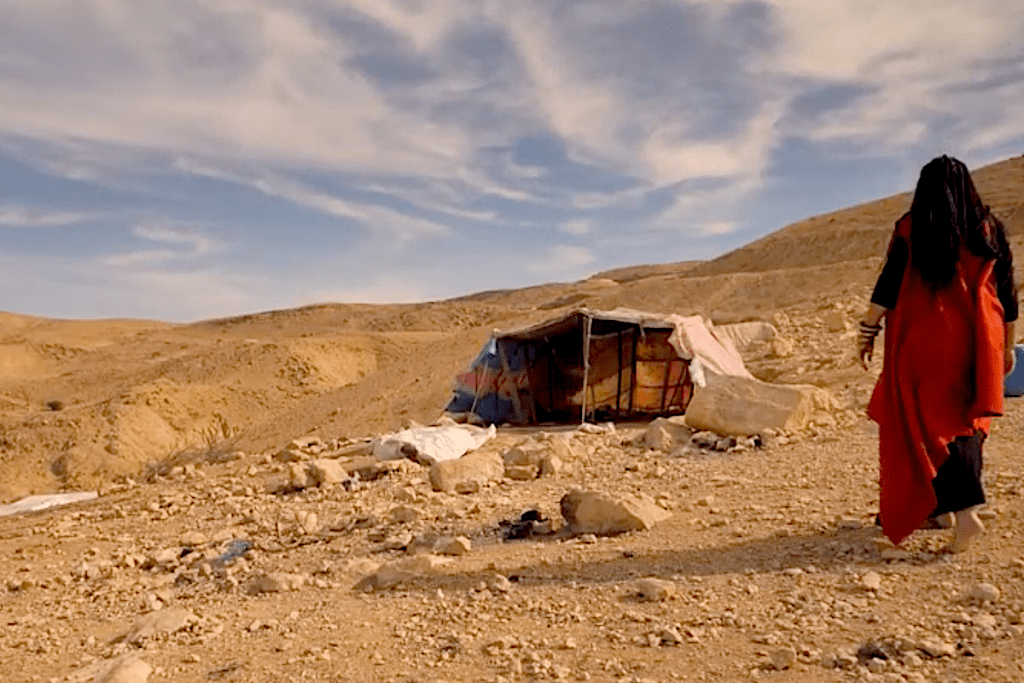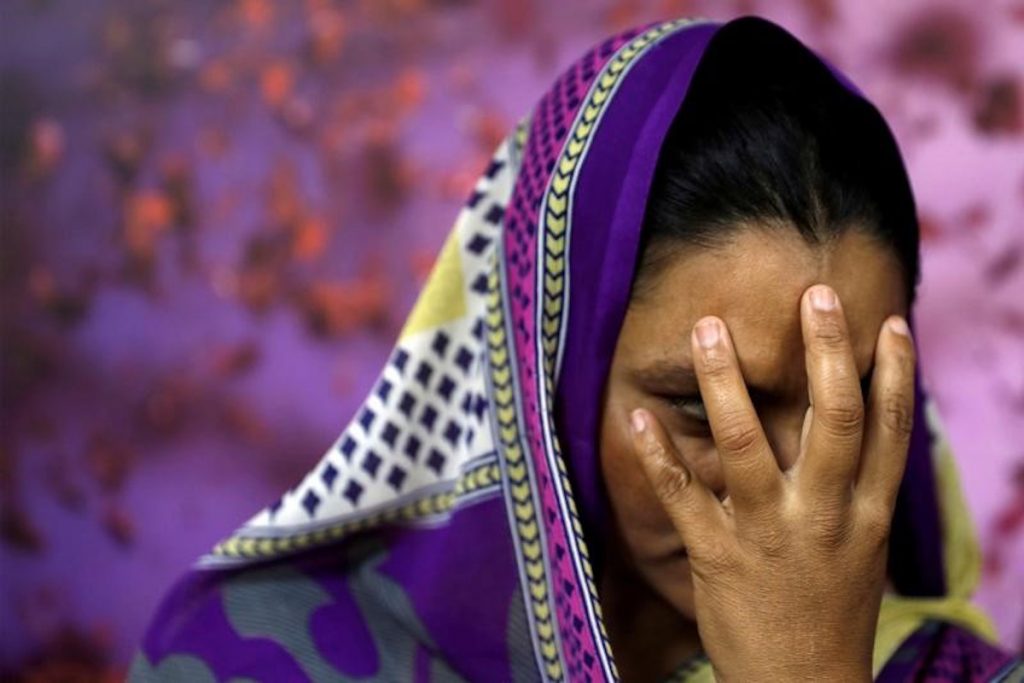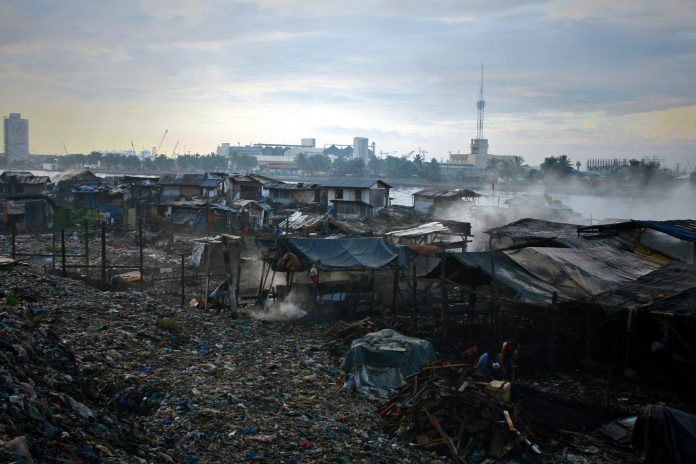Second of Two Parts
Part 1: What is happening to our World?
Laudato si’ offers “integral ecology” as a framework of change using the premise that everything is connected and closely interrelated. It calls for solving today’s problems with a vision capable of considering every aspect of the global crisis. Its “integral ecology” framework clearly accounts the human and environmental dimensions of the problem.
Pope Francis’ encyclical regards environment or nature not just as a physical structure but a relationship that exists between nature and society. It said that “nature cannot be regarded as something separate from ourselves or as a mere setting in which we live. We are part of nature, included in it and thus in constant interaction with it.”
Thus, in this perspective, hearing the cry of the poor and the cry of mother earth are essential. They are intertwined realities that should guide us in our actions. It highlights that the analysis of environmental problems cannot be separated from the analysis of human, family, work-related and urban or rural contexts. It cannot separate how individuals relate to themselves, leading in turn to how they relate to others and to the environment.
There is an interrelation between ecosystems and between the various spheres of social interaction, demonstrating yet again that “the whole is greater than the part.” This perspective also implies that justice is not only for human beings but also for nature. The push for changes, therefore, should consider protecting the well-being of both human and the natural world.
“We are faced not with two separate crises, one environmental and the other social, but rather with one complex crisis that is both social and environmental. Strategies for a solution demand an integrated approach to combating poverty, restoring dignity to the excluded, and at the same time protecting nature.”
Personal and Structural Changes
As the narrator in the video “Labor Pains” puts it, “a problem is essentially a transition point in humanity. Therefore the challenge is to discern what is going on in the human drama, and what can be one’s best role.”
We need to see the crisis as an opportunity for change so that a meticulous discernment on changes we need to effect can be generated and pursued.
We are faced by a moral personal dilemma emanating from our sense of separation with other people, nature, and with God. Our separateness has caused us inner loneliness and fear and drives us to protect ourselves against the external environment, to ensure that nature will be beneficial and useful to us even up to the point of its destruction, and to protect our interests, and property to the point of inflicting hurt and injustices to our fellow humans.
It has led us to turn away from our God and instead worship modern-day idols, such as money and power.

Likewise, aside from this personal moral dilemma, we are confronted with a system wherein the sin of over-anthropocentrism and utilitarianism are deeply embedded, such that one or few people trying to effect change in the system can just find themselves absorbed by the system.
“Kinain ng sistema (Eaten by the system),” so they would say. This has happened among many “progressive” people who, upon assuming posts in government, have lost their principles of service to people.
Therefore, there must be a distinctive way of looking and acting so that genuine change or conversion can happen.
I believe that changes in policies, initiating various programs (i.e. educational programs) or developing technological solutions to problems should be combined with a change of personal lifestyle and an embrace on spirituality that together can generate resistance to the assault of anthropocentric and technocratic paradigms.
Otherwise, even the best ecological initiatives can be caught up in the same globalized system that can further destroy both humanity and the planet.
A new social order or a way of re-ordering that should take into account the inter-relatedness of nature and humans in the economic, political, and social fields is needed. An “ecological economics” that ensures development and growth of nature not only its use; a political institution that respects and recognizes the rights of nature and not only rights of humans; a socio-cultural system that recognizes and respects the ecological cosmology, beliefs and tradition of our indigenous people and regards all creation as kin are necessary.

On the personal level, what does it take to have a genuine personal conversion? Or how can we truly become an “ecological Christian?”
To my mind, the Christian perspective of Kenosis is something one can aim for. Defined, it is about “a joyful, kind and loving attitude that is willing to give up selfish desires and to make sacrifices on behalf of others for the common good and the glory of God, doing this in a generous and creative way, avoiding the pitfall of pride, guided and inspired by the love of God and the gift of grace.”
Further, it means to embrace a Spirituality that fosters awareness of one’s self in a web of interconnected selves, one that re-orients the center of gravity to an ecological awareness, and inter-acts to the inter-connections in a mindful and contemplative way. It is a spirituality that is committed to a practice of “incarnational” compassion or “living the compassionate dynamics of Christ’s incarnation in everyday life.” Simply put, it is living the way Christ lived his life. To follow Jesus’ lead, to become His modern-day disciple, and to create a counterculture to the present – one of self-giving than self-preserving.
I find myself drawn and inspired also to a similar idea in the Buddhist tradition of self-emptying of our ego-centeredness and opening one’s self to the world, to heal our woundedness of separation from it, to go with the flow and become like water — soft, calm, and flexible — to always be willing to go where the way leads, and, in the process, to continually “inter-be.”
The re-ordering of our personal selves and systems, I would reiterate, should also happen on a communal, planetary, and universal level. To participate of God’s creative work of renewal and re-ordering is an invitation to each and all individual toward a renewed relationship and commitment to other people, with nature and with God not only in our own small space or nation but to the whole world.
Knowing all the problems confronting us can make us falter and can undermine our journey toward change. As Christians, faith and hope should always be rooted in our conviction.
Regardless of how bad things are right now, there is a new story and future waiting to happen to the whole of Creation. We need to embrace it. In a Buddhist way, every step we make should be a moment to be savored, felt, or experienced; to be mindful of the present and the presence of God at every moment despite the many odds.
As individuals and communities we are being called to share in God’s creative work of renewing All Creation. Other communities in the world are surely creating new stories. We need to begin to live-out the new story of kinship, love, and compassion for all.
Postscript
I felt joy. My hope and faith were strengthened reading through my children’s reflection on the video, “Crossroads – Labor Pain of a New World.”
I asked them to view it and share to me how they understand it and their reactions so I can have a sense of how young people can resonate with the current ecological concerns.
I share their reflections here:
“The individualistic and competitive mindsets of people are causing a lot of different kinds of problems. People as social creatures need to work together to change our worldview, from trying to outdo others and prioritizing ourselves and our egos to using our interconnectedness to protect the balance of the world. Only by cooperating will we be able to solve most of the global crisis that we are currently facing and the issues we will encounter in the future.” – Yvan
“The video was an eyeopener to me, and made me realize many different things. Here are some key points I learned from the movie. First, the environment you are born in will help mold who you are. Second, a society driven by competition should be changed. Third, the world is at a crossroad, it will change no matter what, so let us change it for the better.” – Yves
“The movie is educational and an eye opener. It is about how human beings affect the world. Here are some scenes or terms that caught my attention: “Environment affects the behavior of the person.” “Circumstances don’t determine who you are, they reveal who you are.” The Asch experiment shows us that people know the right answer but opt to follow the wrong one because of other peoples’ opinion. And lastly, egoistic competition, people or society has been driven to compete for thousands of years outdoing everyone by any means for our individual gains, but in the end what we should have done is treat each other well as individuals and to take care of each other. – Jollete
AMEN. AMEN. AMEN.
Yolanda R. Esguerra is currently the national coordinator of Partnership Mission for People’s Initiatives (PMPI) formerly Philippine Misereor Partnership. She is a youth activist during her student days and a staunch advocate for the protection of human rights and the campaign for the recognition of Rights of Nature in the Philippines. This article is part of a paper titled “At the Threshold of a World in Crisis and of Ushering in a New World: The Challenge of an Ecological Conversion”









